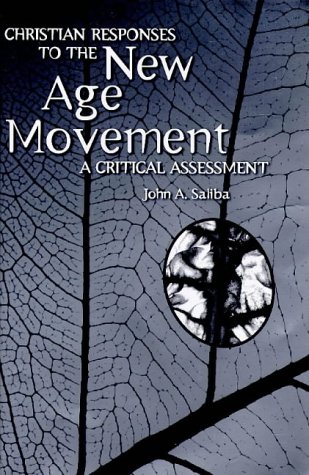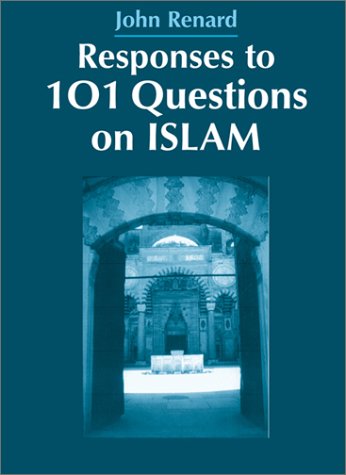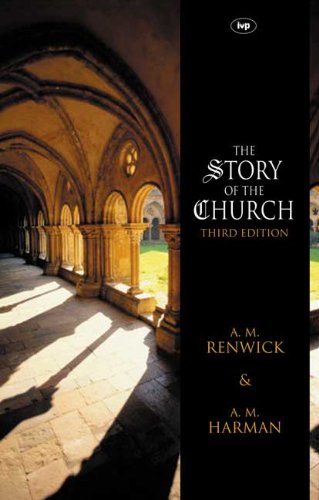The Old Testament and the Significance of Jesus. Embracing Change—Maintaining Christian Identity
Written by Fredrick C. Holmgren Reviewed By Elmer A. MartensThis book hits several theological hot buttons: the divide between Jews and Christians; interpreting the OT, especially its laws; and the claim that Jesus is God. Hot buttons or not, Holmgren writes in cool, reasoned, and irenic manner. Sometimes he chides Jews, sometimes he admonishes Christians, but always with kindness and respect. Holmgren is research professor at North Park Theological Seminary in Chicago and the author of other books about Jews and Christians. The book is written for college and seminary students, has numerous sub-headings, and is reader friendly. Footnotes are thankfully at the bottom of the page. Holmgren reasons that Christians need to rethink the notion that, in crucifying Jesus, the Jews were or are guilty of rejecting God. Supersessionist thinking, viz., that Christianity is ‘better’, is inappropriate. Such thinking is fuelled even by the designation Old Testament. Holmgren examines alternative designations—Hebrew Scriptures, First Testament—finds fault with each, and urges that the current label be maintained.
A sticky point is talk about the new covenant. After a detailed discussion of the new covenant passage (Jer. 31:31–34), Holmgren concludes that the language is that of irony, that the ‘new’ covenant is really the Sinai covenant and that it is not to be understood as ‘brand new’. Some of his arguments are telling, but his interest in removing points of offence may have become too controlling.
Holmgren cautions against facile prediction-fulfilment schemas. The phenomenon of Jesus needed an explanation. Christians, by a method of reading back—‘depth reading’—found answers to the identity of Jesus in the OT. Jews and Christians are on common ground using the same method of ‘depth reading’, he states, even though agendas are different.
Holmgren sides with those who maintain that the OT ‘law’ holds. He rightly asserts that Jesus and the NT cannot be set at odds with the OT. Those who do so point to John 1:17. Here Holmgren misses a chance to explain that the context affirms the opposite: God has given one grace gift (law) followed by another grace gift (Jesus) (John 1:16). On the matter of OT law, many evangelicals need reorientation. Discussions with Jews, not to mention direction for Christian living, would be greatly enhanced by a high view of OT law.
The longest chapter is devoted to the Deity of Christ, where the chasm between Jews and Christians is deepest. Here and elsewhere Holmgren is eager to be broad-based, taking care to include evangelical viewpoints. He rightly observes that the belief about Jesus as more than human, even divine, is generated by the Christian experience and worship of Jesus rather than by speculation. The early Christians were Jews and never swerved from their adherence to monotheism. How then could they speak and write of Jesus as deity? Rather than follow a messianism route, Holmgren joins other scholars who locate the answer in wisdom literature. Already in Proverbs, but more especially in the intertestamental books of Wisdom of Solomon and Sirach, the figure of wisdom takes on person-like qualities. Wisdom was with God, communed with God, and participated in creation (Wisdom 7:25–26; cf. Heb. 1:3; Col. 1:15). For me, this section flashed the most light.
Holmgren is in theological landmine territory, however, when he deliberates whether the NT asserts that ‘Jesus is God’. He agrees with Martin Hengel that the title ‘God’ for Jesus was an ‘upper limit’ title. He approves of ‘God was in Christ in a unique way’ and ‘God does Himself to us in Jesus’. Holmgren is uncomfortable with prayers offered to Jesus. The intention of the creeds to describe Jesus as fully God and fully man is laudable, he says, but that language is beholden to Greek thinking, is illogical, and needs to be recast for moderns (note the book’s subtitle). Holmgren is committed to being biblical. Still this discussion made me nervous. Is he protesting too much?
Evangelicals need this book to understand the common ground between Jews and Christians, and along with others to ponder formulations about the trinity. At the same time, in sorting out the identity about Jesus, every ounce of discernment will be necessary lest, in the eagerness to facilitate dialogue, truth be accommodated.
Elmer A. Martens
Mennonite Brethren Biblical Seminary Fresno, California







